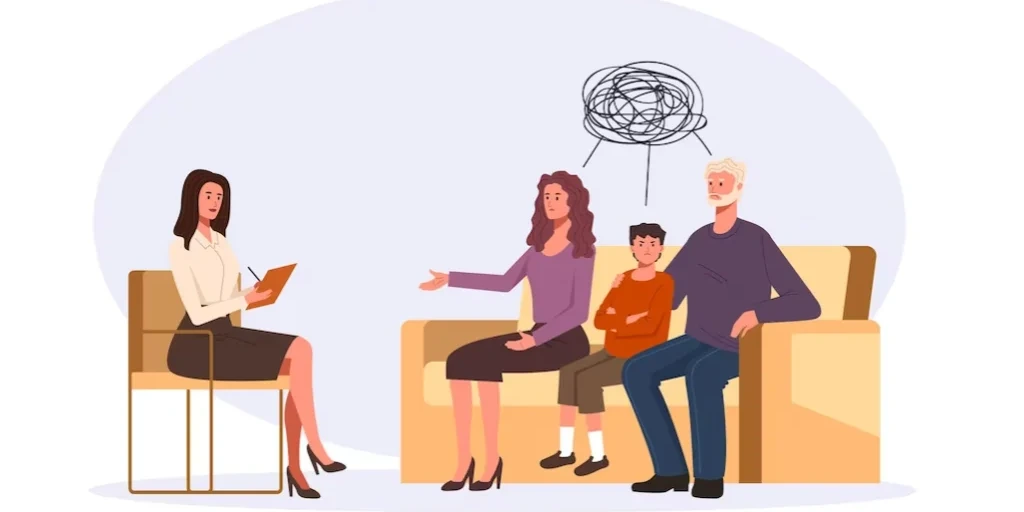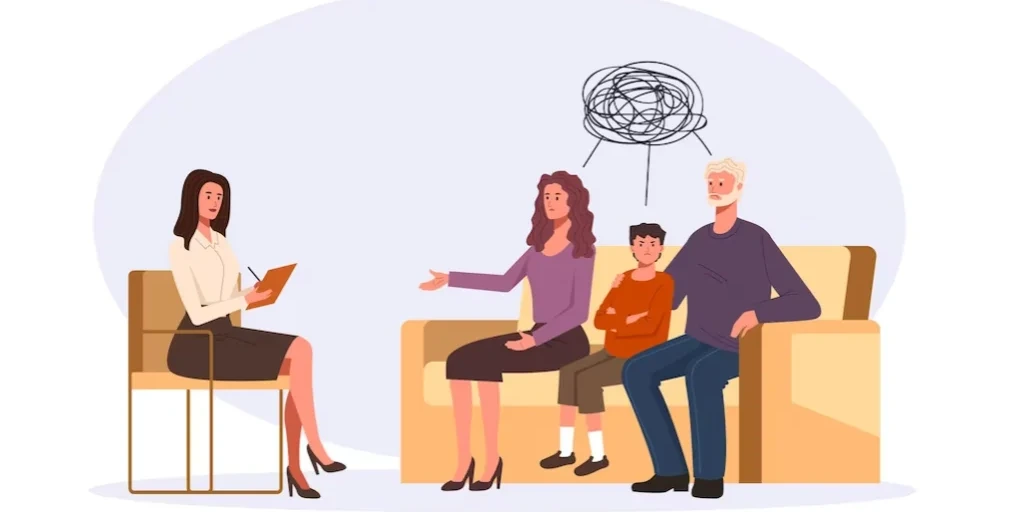24/7 Helpline:
(866) 899-221924/7 Helpline:
(866) 899-2219
Learn more about Individual Therapy centers in Woodland
Individual Therapy in Other Cities

Other Insurance Options

GEHA

Health Net

State Farm

Sutter

BHS | Behavioral Health Systems

ComPsych

Group Health Incorporated

WellCare Health Plans

MHNNet Behavioral Health

WellPoint

Cigna

MVP Healthcare

Aetna

Multiplan

United Health Care

Self-pay options

Lucent

Molina Healthcare

Kaiser Permanente

CareSource





Pine Tree Gardens
Pine Tree Gardens is a non-profit rehab located in Davis, CA. Pine Tree Gardens specializes in the t...

CommuniCare Health Centers – Behavioral Health
CommuniCare Health Centers–Behavioral Health, in West Sacramento, California, offers outpatient ment...

Department of Alcohol Drug and Mental Health Services
Department of Alcohol Drug and Mental Health Services is a public rehab located in Davis, California...

Clarksburg Comprehensive Treatment Center
For those who are struggling with an opioid addiction. As a leading provider of care, Clarksburg Com...

Clarksburg Treatment Center
Clarksburg Treatment Center is a private rehab located in Clarksburg, West Virginia. Clarksburg Trea...
















































Recovery Happens Counseling Services
Recovery Happens Counseling Services is a private rehab located in Davis, California. Recovery Happe...

Department of Alcohol Drug and Mental Health Services
Department of Alcohol Drug and Mental Health Services is a public rehab located in West Sacramento, ...

Adventist HealthCare Behavioral Health and Wellness Services
Adventist HealthCare Behavioral Health and Wellness Services - Gateway Center Drive is located in Cl...

West Texas Centers – Runnels County
West Texas Centers - Runnels County is a private rehab located in Winters, TX. West Texas Centers - ...

Spero Health – Clarksburg
Spero Health – Clarksburg is a private rehab located in Clarksburg, West Virginia. Spero Health – Cl...











































































































































